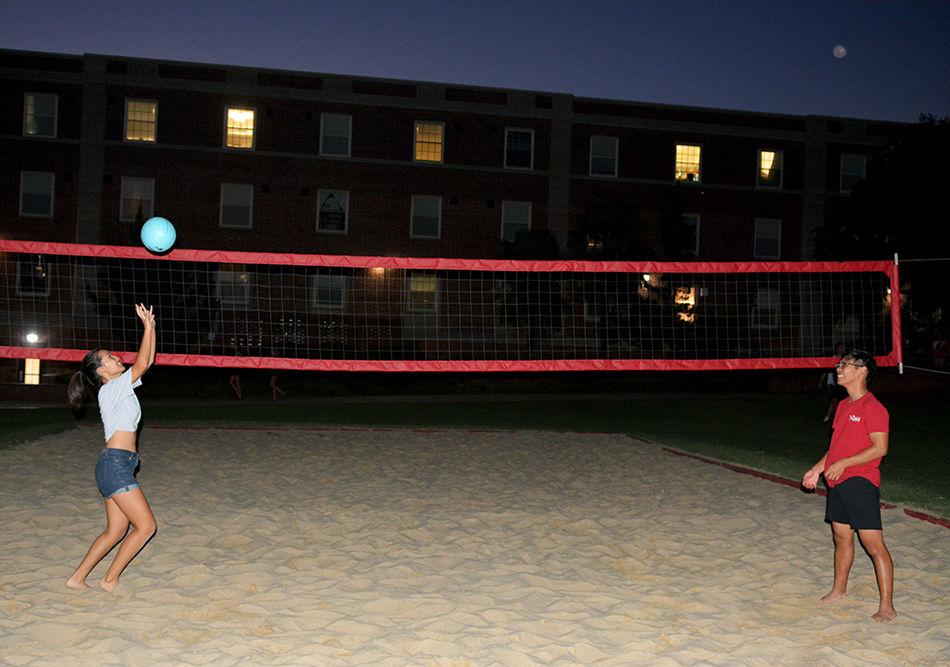Every year, students living in residence halls have the opportunity to elect hall council members and engage in events held by those councils. However, the intricacies of what hall council members do and provide for their residence halls remain unknown to many of the hall residents.
According to the President of the Inter-Residence Council (IRC) Noah Grady, there are different types of councils created based on building size. Grady is a third-year studying sociology and political science.
“Let’s use Tucker Hall as an example,” Grady said. “Tucker Hall has one council tied to it, and it’s called a ‘hall council.’”
In addition to hall councils, there are also “area councils*.” These councils encompass more than one building.
Although each council has its own meetings and makes its own decisions, collaboration between councils on certain decisions or events is common. In addition to IRC’s General Assembly, which is a collaborative effort in which councils can get on committees together, the President’s Roundtable encourages collaboration between residence halls, according to Grady.
“We also have President’s Roundtable; all the presidents of our 16 councils come together, and we talk about things that are going on across campus,” Grady said.
Grady said the presidents use this meeting to share advice and experience about events that they’ve thrown to help their peers who are working on throwing similar ones.
Former Tucker Hall Vice President and third-year studying business administration Katy Kilbourne said that participating in her council and in the IRC meetings helped her make friends her first year.
“It made me feel really connected to State since I was representing a whole dorm,” Kilbourne said. “It was just a really good way to become a part of the community and get to know everyone a lot better.”
Kilbourne also said members of the council can make a real impact, and for her, one of the most memorable impacts was getting a ping-pong table for the lounge in Tucker Hall.
Both Kilbourne and Grady agree that the main goal of IRC and the various councils is to establish a sense of community on campus.
“What I really want the student body to know about IRC is that we are here particularly for you all,” Grady said. “We are going to advocate on your behalf, and throw on programs that you want to see happen.”
Grady said that students can get involved by joining a council. According to Grady, even though council elections have passed, interested students should reach out to the advisor of their residence hall and see if a new position can be made for them.
There are also committees in the IRC General Assembly for students interested in areas of public relations, community engagement and programming, Grady said. Positions in these committees are open to all residents, so students don’t need to be part of a council to participate.
“People probably think that they aren’t fun, but honestly I had such a good time,” Kilbourne said. “I feel like it was a good beginning leadership role to get me going with other leadership roles on campus.”
*Editor’s Note: Area council naming has been updated for accuracy.








